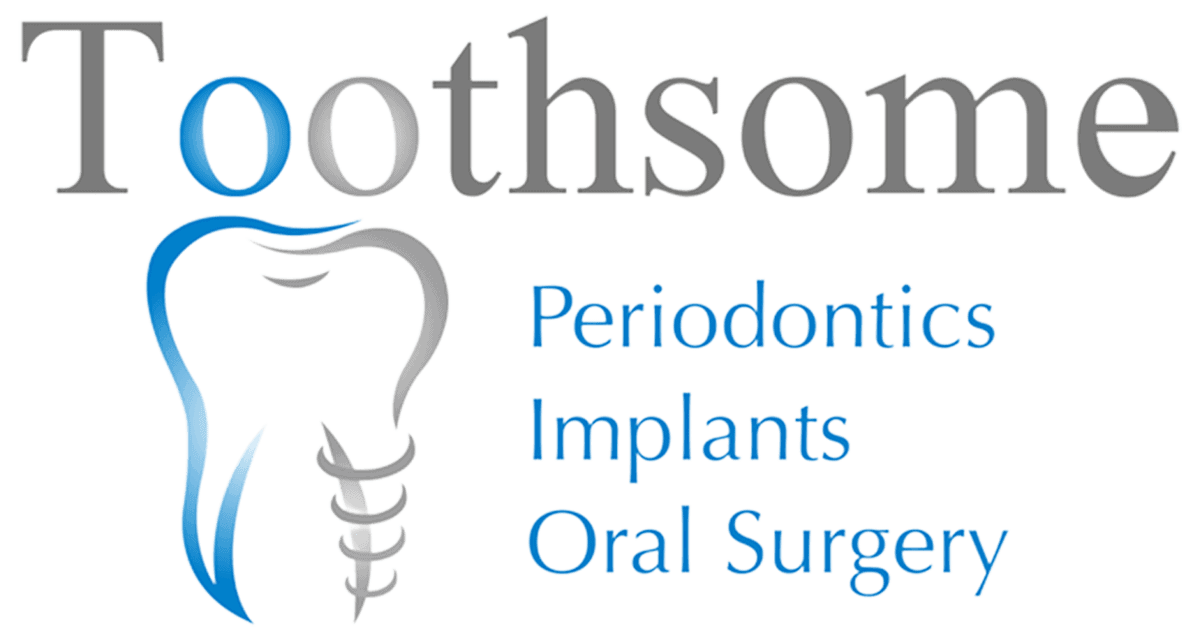
You have a few options available if you have multiple teeth that are missing or damaged and you want them replaced. One such option is titanium dental implants. Titanium implants can greatly improve your quality of life by providing long-lasting results. Here is what else you need to know about them.
What are titanium teeth implants?
Titanium teeth implants are the most common type of implant, and they are typically used to replace missing or damaged teeth. They are known for their durability and functionality. The following cases may require titanium teeth implants:
- infections
- damage from accidents
- as alternatives to dentures
- significant tooth decay
How are dental implants placed?
Typically, the dental implant treatment would go as follows:
1. Removal of damaged tooth and preparation of the jawbone (if required)
The dentist will extract the tooth if it can’t be saved; this will be done either on the day of surgery or prior to it. Before dental implant surgery, the patient may need bone grafting depending on the state of their jawbone. A bone graft can reinforce the jawbone if it is not thick enough to support a dental implant. The patient may need to wait a few months for the transplanted bone to osseointegrate and grow new bone before an implant can be placed.
2. Dental implant placement
Before the dental implant surgery begins, the dentist will use anaesthesia to numb the mouth so that the process is comfortable for the patient. Next, they make an incision in the gum to reveal the bone beneath it. Once the dentist has access to the bone, they drill a hole where they will place the metal post that will support the new tooth. Afterwards, the metal post will be inserted deep into the bone to act as the new tooth root. The dentist may place a temporary false tooth or crown on top of the tooth implant to restore appearance while the bone underneath is growing and healing.
3. Waiting for the bone to grow and heal
Once the implant post is placed, the patient needs to wait for the bone to fuse with the dental implant. This process is called osseointegration and can take a few months.
4. Artificial tooth attachment
After the gums and bones have healed, the dentist will place a small connector post (abutment) onto the implanted metal post. This will hold the new tooth securely in place. The dentist will create a mould of the patient’s mouth and teeth in order to make a crown. The dental implant process will conclude with the attachment of a crown to the connector post. The crown, which is the only visible part of the structure, then serves as the new artificial tooth.
How do zirconia dental implants differ from titanium teeth implants?
Titanium’s ability to fuse with bone (a process known as osseointegration) is one of its key benefits. Titanium is not only long-lasting, but its durability has been known to last for years on end – or even permanently. Titanium implant fractures are also considered rare. Of all the metals used in dentistry and medicine, titanium is one of the most biocompatible. Not only is it non-toxic, but it also forms a protective oxide layer that shields it from bodily fluids and renders it corrosion-resistant. Compared to other materials, allergic reactions to titanium implants are quite rare.
Apart from titanium, another popular option for a tooth implant is zirconia. Although zirconia dental implants have many benefits, such as being white and appearing natural with the other teeth, there are also several disadvantages to consider.
Though the material is good in compression, it’s more delicate and can snap easier than titanium if put under strain. Zirconia is more prone to fracturing and complications over time.
Because zirconia implants are ceramic, they may be more fragile and susceptible to damage during the manufacturing process. If manufacturing errors happen during the creation of ceramic implants, it may reduce their strength. Consequently, there may be a higher risk of rejection or fracture after tooth implant surgery.
Who is a candidate for titanium tooth implants?
Titanium implants may be the right option for you if you have lost teeth and your bone tissue is done developing. A consultation with your dentist at a local dental clinic will help you understand if you qualify for the treatment.
You will also need to:
- Be a non-smoker. If you don’t smoke, your body will be able to heal more effectively after surgery, meaning the surgery is more likely to be successful.
- Have sufficient bone for the titanium teeth implant. If you’ve been toothless for a while, you may have lost some bone density. If you don’t have sufficient jaw bone to support the implant, your dentist can suggest a bone graft.
- Have a healthy mouth that is free of tooth decay and gum disease. If you have an infection in your mouth, placing an implant increases the risk of developing an infection in that area.
- Be free of chronic conditions. Dental implants are not ideal for people with conditions that make it difficult for their bodies to heal.
- Practice exemplary oral hygiene. Maintaining dental implants means keeping up with a rigorous plaque control routine. Your dentist will surely recommend that you stick to excellent dental care habits.
What are the consequences of not replacing missing teeth?
When you have missing teeth and do not replace them, your other teeth will begin to shift into empty spaces. This can cause large gaps between your teeth, as well as additional dental problems. Because missing teeth lead to bone loss, which in turn affects the facial muscles, patients with several gaps in their grins often look older than they are.
How much will titanium teeth implants cost you?
The cost of titanium dental implants can start from $3,000 per implant. However, the total cost will depend on the type of implant you need and the complexity of your individual case. Your dentist may also be able to create a payment plan for you if needed.

Get titanium teeth implants at Toothsome
Titanium implants are a great way to restore your smile, and we can help you through the process. At Toothsome Implants Chatswood, we provide titanium teeth implants that are customised to fit your mouth. Our highly skilled team of dentists will help guide you through the implant process and ensure that you have all the information you need.
Contact us today to discuss titanium teeth implants and whether the treatment is right for you.
- Sydney CBD on (02) 9159 3728
- Baulkham Hills on (02) 9158 6637
- Chatswood on (02) 8203 8786
Note: Any surgical or invasive procedure carries risks. Before proceeding, you should seek a second opinion from an appropriately qualified health practitioner.



